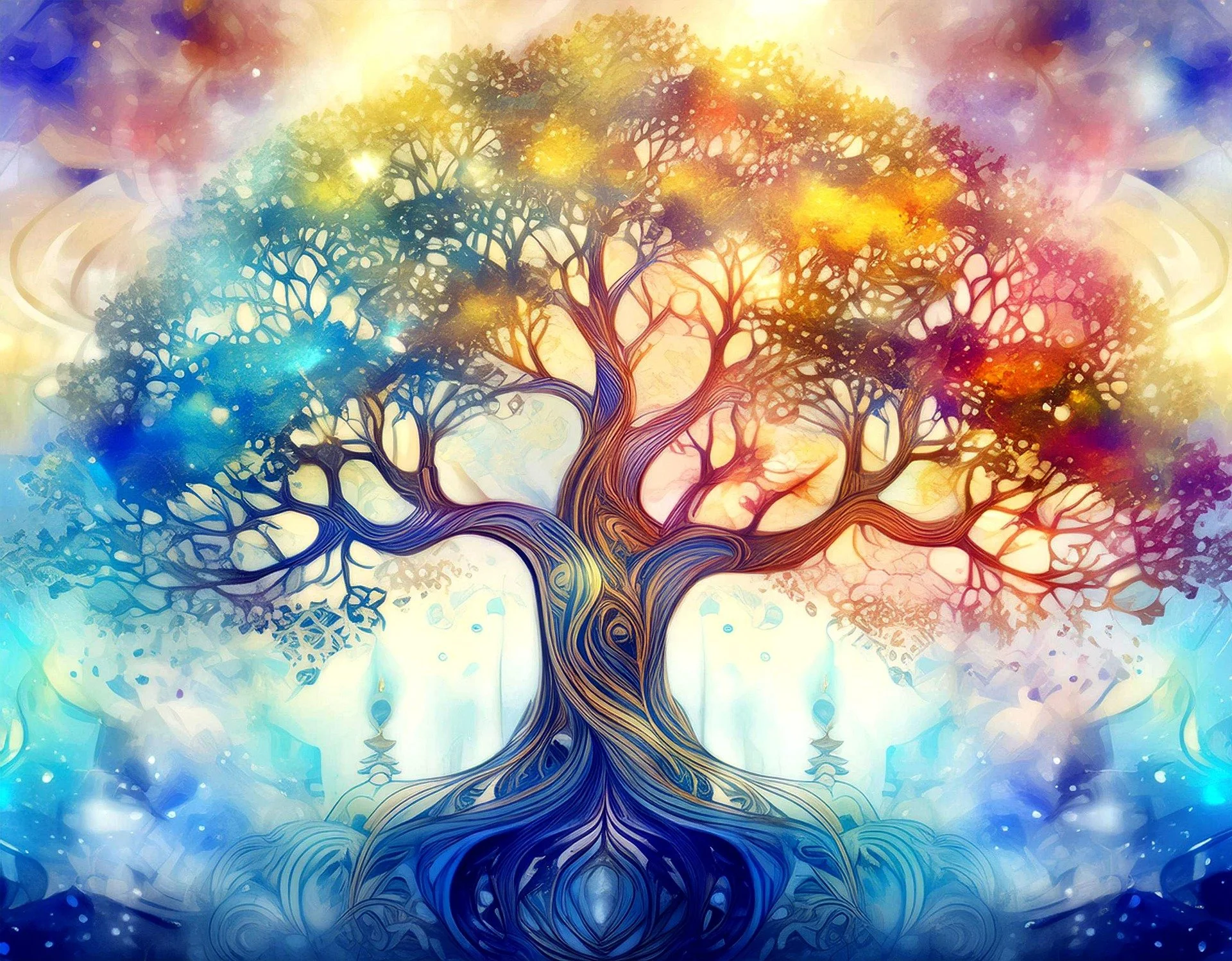Herbal Medicine
Herbal medicine plants help us to heal, and herbal remedies are a foundation of treatment. It’s the art of understanding the pattern language of nature, seeing the root imbalance in a person, and matching harmonized remedies that support the vital force for deep healing. Plant spirit energies are often ceremonially woven into acupuncture treatments via drop doses of herbal medicine extracts.
We often explore sample drops of potential medicines together to find the best fit, this informs the take home formula as well as the session. We can amplify the benefit of the acupuncture treatment by taking a small energetic dose of a herbal remedy which supports the acupuncture, it’s a unique and potent blending you won’t likely find at other clinics.
All symptoms and signs are a language used by the body, and the very same patterns are expressed in nature. Truly holistic herbalism is rooted in a medical system that sees the universe as alive and intelligent, and it is the herbalist’s work to learn to perceive this pattern language of life. We explore the holistic expression of the person first, understanding symptoms and disease as an intelligent communication of imbalance. We then consider which plant remedies balance the issues to restore harmony. Each plant has unique qualities, actions, and intelligence, and when aligned to a person’s constitution and specific condition, herbal medicines offer profound support and healing.
When it’s all in alignment herbal medicine can offer powerful support that is totally different than acupuncture, it is used for physical, emotional, and spiritual healing. Often herbs and acupuncture are both used in treatment, we begin with an initial appointment and see what is most needed, there are certain conditions in which each is best.
Instead of thinking in terms of this plant is good for that symptom, by understanding the essential nature and properties of plants we can use them holistically and effectively. Taste is one of the most important sensory means that informs us of the medicinal properties in a plant. Sweet is moistening and building, pungent is warming and moving, sour is cooling and constricting, bitter is cooling and draining, salty contains minerals and penetrates, and astringent tightens tissues. Then each remedy has specific affinities in the body, each plant influences specific tissues, organs, or systems. Each plant also has specific actions, this is related to its chemical constituents and causes certain results in the body such as stimulating circulation, hydrating mucosal membranes, or increased detoxification processes. Essential and often missed in herbalism are the energetics, each remedy has a unique combination of hot or cold, damp or dry, and tightening or relaxing, and this must be in alignment too. Then there is always the special qualities that are the spirit of each plant that are beyond logical understanding.
Then comes the art of creating a herbal formula, a harmonized medicine that helps the vital force return to normal, oftentimes there are multiple actions needed, it must be balanced, directed to the right areas, taste good, and be in a form that it will actually be consumed. Extensive study is essential to ensure herbal medicine is safe and effective, and herb to drug interactions must be considered and modifications made. Herbal medicine can help support people in most situations and conditions. We typically only recommend custom herbal medicines after a consultation, although we do also offer some basic prepared blends for common issues.
Most acupuncturists who offer herbal medicine use specific classical formulas using Chinese herbs and are trained and regulated by our Chinese medicine governing body. Thomas has chosen a different path, he feels the way Chinese herbal medicine is taught is quite disconnected from the roots of true holistic herbal medicine. Most Chinese herbs are shipped from China, quality is a serious concern, herbalists often have no idea where or how they are grown.
Chinese vs Western Herbal Medicine
They also lack a personal relationship with the medicine and are not able to create as potent medicine as a herbalist who is more involved with the entire process from growing, to harvesting, to medicine making, to healing. Thomas has instead intensively studied Western herbal medicine as well as some Chinese herbal medicine. He is passionate to bridge these systems, to apply the rich history and incredible depth of Traditional Chinese medicine that is a truly holistic medicine system with medicines that are able to grow where we live.
Thomas lives for exploring local plant medicines, growing herbs and making medicine, getting to know their essence in a personal way, meditating with the medicines and communicating with the living plants, and sharing this passion with others. He looks forward to teaching his community about holistic plant medicine through workshops and plant spirit connection courses.






